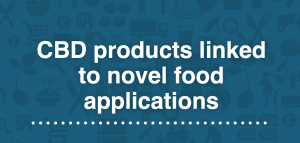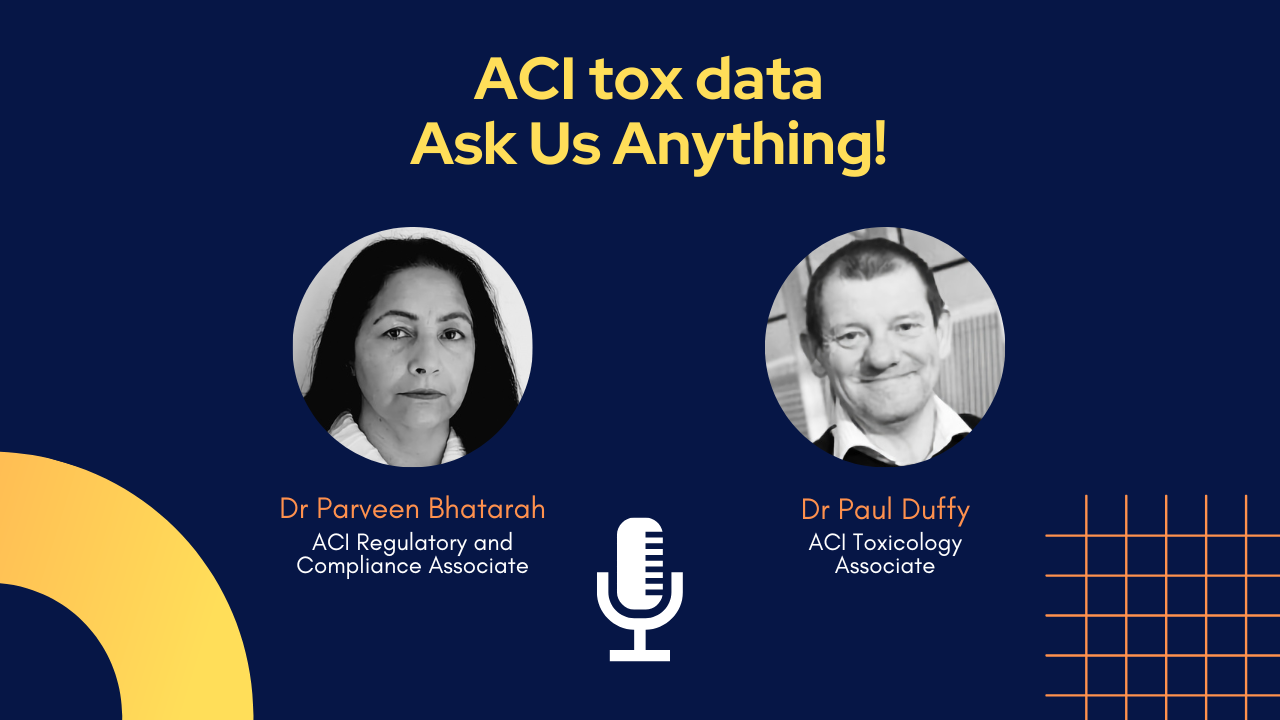The Food Standards Agency has today published a list of the first CBD products allowed to remain on sale in the UK, with more than 3,500 products making the cut.
For the first time, CBD oils, drinks, capsules, gummies and more edibles are permitted by the food safety body for sale, pending full market authorisation. The news follows the first phase in a lengthy regulatory process that saw 900 applications submitted by 31 March 2021. Phase two, which will lead to full market authorisation, is expected by mid-2023, according to the FSA.
Some five applications have been validated so far, with ‘an overwhelming majority’ of eligible applications relating to thousands of more products placed on the ‘on hold’ list, awaiting further evidence, the FSA says.
Cannabinoid Insight understands there are some 65 applications on the on hold list, and these companies can continue to sell the products linked to applications, as they progress to the next stage.
To make it this far, the handful of applicants validated by the food safety agency on 31 March 2022 have passed the first necessary checks in accordance with the novel foods regulation.
One of the key requirements for these successful applicants saw manufacturers providing proof that their products were on the market prior to 13 February 2020. CBD products launched after this date were not eligible for the special conditions granted by the FSA, which meant they could continue being sold on the UK market.
Here’s what we know:
- Five applications have been validated, with further validations expected
- The list includes 3,536 CBD products
- These products are linked to 70 applications in total
- 65 applications are in the awaiting evidence category
Click here to see who made the UK CBD List.
Announcing the publication of the list in a press release, Emily Miles, Chief Executive of the FSA, said:
“The CBD market is growing rapidly. The FSA has been working to move the CBD industry into compliance. Today, we have taken the next step in our pragmatic approach to making sure CBD products are safe and what they say they are.”
In a media briefing, the head of the FSA said it is impossible to say just how many products are eligible for removal from the market. However, she estimated that the number ‘could be in the thousands.’
“We have created the public list to help local authorities and retailers prioritise products to be removed from sale. If a product is not on the list, it should be removed from sale because it is not attached to a credible application to us for market authorisation.
“But being on the list means that the application is credible and the FSA has, or is shortly expecting to receive, significant scientific evidence from the applicant with which to judge safety.”
Brands and retailers facing enforcement action
While many within the industry will be celebrating the publication of the long awaited list, a number of brands and manufacturers now face enforcement action from Trading Standards, having been unsuccessful in their application process.
The FSA says the reason for the small number of validations and volume of products on the on hold list is that in many cases, product manufacturers haven’t been able to meet the strict criteria handed down under food safety regulations.
Ruth Willis from the novel foods team said there are ‘issues and gaps across the piece’. She added the presence of health claims, composition, how a product is produced and the quality of the chemical and toxicological data submitted as part of the application process are all essential requirements, which some manufacturers have not been able to satisfy.
Local authorities which enforce the novel food legislation have been advised to encourage food businesses whose products are not on the public list to voluntarily withdraw their products from the market and to consider more formal measures where this is not the case.
The publication of the permitted CBD list comes more than two years after the FSA confirmed that it considered CBD a novel food, and exactly one year after the application deadline.
Steve Moore, founder and Strategic Counsel for the Association for the Cannabinoid Industry (ACI) welcomed today’s announcement, saying:
“It’s a major milestone for the UK’s CBD category, a real breakthrough moment.
“It creates greater regulatory certainty which, in turn, will increase levels of consumer trust, encourage investment in the sector and promote innovation.”
Moore urged retailers, pharmacists and anyone with a commercial interest in CBD to go to UKCBDList.com to confirm that the products they have in stock, and may currently be selling, are compliant with the new measures.
“It’s critically important that people can access and refer to the list quickly and easily. In this respect, UKCBDList.com will perform a vital function. In the first instance, we encourage retailers to visit the website as soon as possible to confirm that the products they are selling are on the list, and to remove any that are not.”
Head of regulatory and compliance at the ACI, Dr Parveen Bhatarah, hopes this milestone will lead to a greater awareness and understanding of CBD among the consumer population.
She says the FSA’s commitment to regulating CBD as a novel food before any other jurisdiction globally marks the start of the UK’s journey towards becoming a global leader in the cannabinoid market.
“This is a great day for all of the successful applicants who committed fully to the novel foods regulatory process.
“The UK’s FSA has taken the required leadership to regulate the consumer cannabidiol products which are not licensed medicines, and which are available to purchase online or on the high street, and are sold for their potential to produce ‘wellbeing’ benefits.
“We hope the emergence of the public list will lead to a greater consumer confidence in the CBD products listed for the first time in the UK.
Dr Bhatarah adds that any further innovation in this space requires the right regulation.
“Currently, the most commonly sold product in this category is CBD oil, however, innovation containing CBD is expanding and requires the necessary regulatory controls such as this one from the FSA for consumer safety.”
Senior toxicologist and the ACI’s toxicology advisor, Dr Paul Duffy, welcomes the FSA’s achievement in recognising CBD in food form, rather than in a medicinal capacity.
“The consideration of the safety of CBD products in the UK market has been a central pillar for the FSA from the introduction of legislation classifying non-medicinal CBD as a food.
“From the start, on behalf of our members, the ACI has been in constant dialogue with the FSA to determine their safety needs for validation and inclusion on the public list.”
Dr Duffy adds that the toxicology data shared by the ACI’s novel foods consortium will shortly be available, and will help advance members on their quest for full authorisation.
“We have undertaken key toxicology studies to meet the FSA’s needs which, we are pleased to say, are now approaching completion and will be provided to the FSA to satisfy their requirements.”
What does this mean for retailers and pharmacies?
Businesses of any kind already selling CBD products – including supermarkets, convenience stores, health food shops, pharmacies, online retailers, cafés and restaurants – are being urged to check their current stock against the list to ensure they are compliant.
Uncompliant stock can be removed from the shelf and online retailers by Trading Standards officials across England and Wales, who will now enforce the food safety regulation.
Does the FSA regulation apply to Scotland and Northern Ireland?
Yes and no – today’s announcement only applies to products sold in England and Wales. Businesses wishing to sell their products in Britain must submit their novel food applications via the new Regulated Products system which is jointly operated by the FSA and Food Standards Scotland, with the latter saying that any CBD product on the market in Scotland requires full market authorisation.
FSS assumes responsibility for CBD used in food products in Scotland while the Northern Ireland Protocol means that those seeking an authorisation for a CBD product to be placed on the Northern Ireland market must continue to follow European Food Safety Authority’s rules and authorisation procedures.
What is the general advice when it comes to taking CBD?
According to the food safety regulator, healthy adults should not take more than 70mg of CBD per day.
“Based on recommendations from the Committee on Toxicity, as a precaution, those who are pregnant, breastfeeding or taking any medication do not consume CBD products.
“Healthy adults are also advised to think carefully before taking CBD, and the FSA recommends no more than 70mg a day (about 28 drops of 5% CBD) unless under medical direction.”





